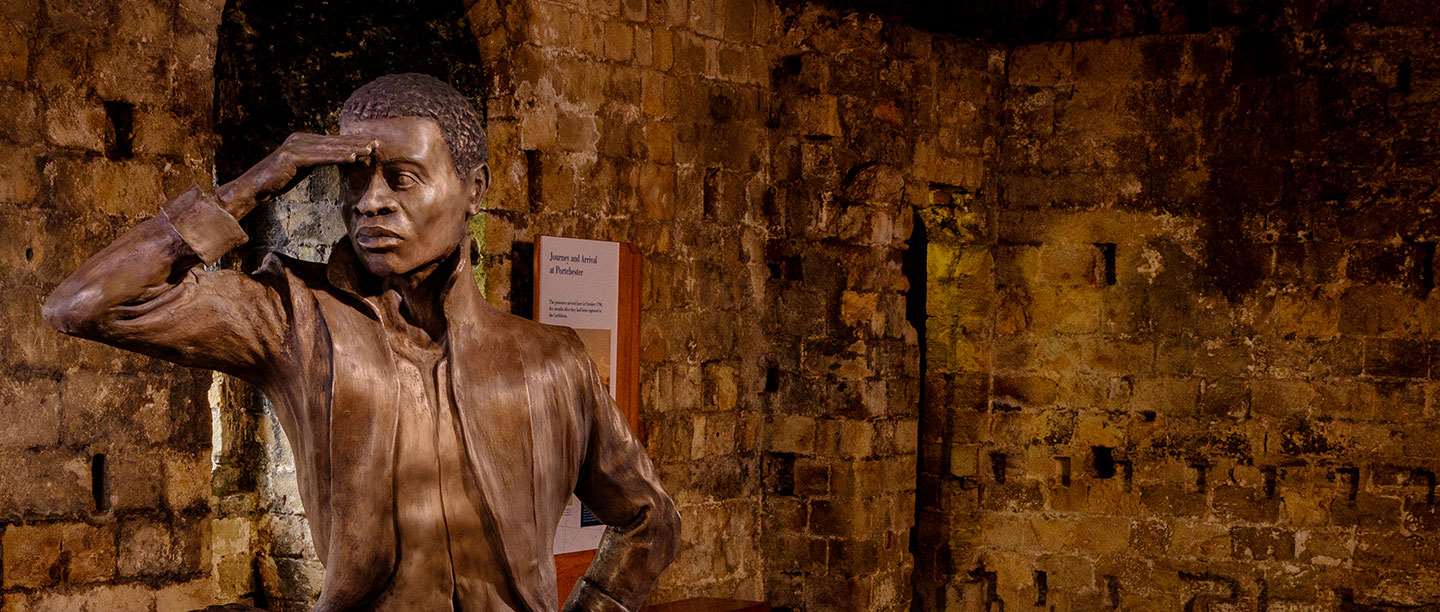Voices of England: How Slavery Shaped the Nation
20 October 2020
20 October 2020
Voices of England: How Slavery Shaped the Nation
The black history of Britain is by its nature a global history. Yet too often it is seen as being only the history of migration, settlement and community formation in Britain itself.’ – David Olusoga, Black and British: A Forgotten History
Black histories are a vital part of England’s story, reaching back many centuries. There is evidence of African people in Roman Britain as far back as the 3rd century AD, and black communities have been present since at least 1500.
Black history is a key part of England’s story, and helps us to reflect on the connections between the past and present, and the importance of history to our understanding of what’s happening today.
Every October, Black History Month celebrates the many achievements of Black Britons throughout the centuries. But it also encourages us to look at Britain’s dominant role in transatlantic slavery, and to understand the legacies of the trade that still shape our world today.
In 2007, to mark the bicentenary of the abolition of the British transatlantic slave trade, English Heritage (now separately English Heritage and Historic England) commissioned research into the connections to slavery at English Heritage sites.
The report surveyed 33 properties that were built or occupied during the main period of the British transatlantic slave trade (c.1640–1807). Twenty-six properties with some level of connection to slavery or abolition were identified.
Further research was subsequently carried out into four of the sites with the strongest connections to the slave trade.
In the latest podcast (episode 81) Professor of History and Memory of Slavery at the University of Bristol, Olivette Otele, explores the connections between Britain’s heritage sites and slavery.
Listen here
To discover more about slavery connections to English Heritage sites, click here and here





